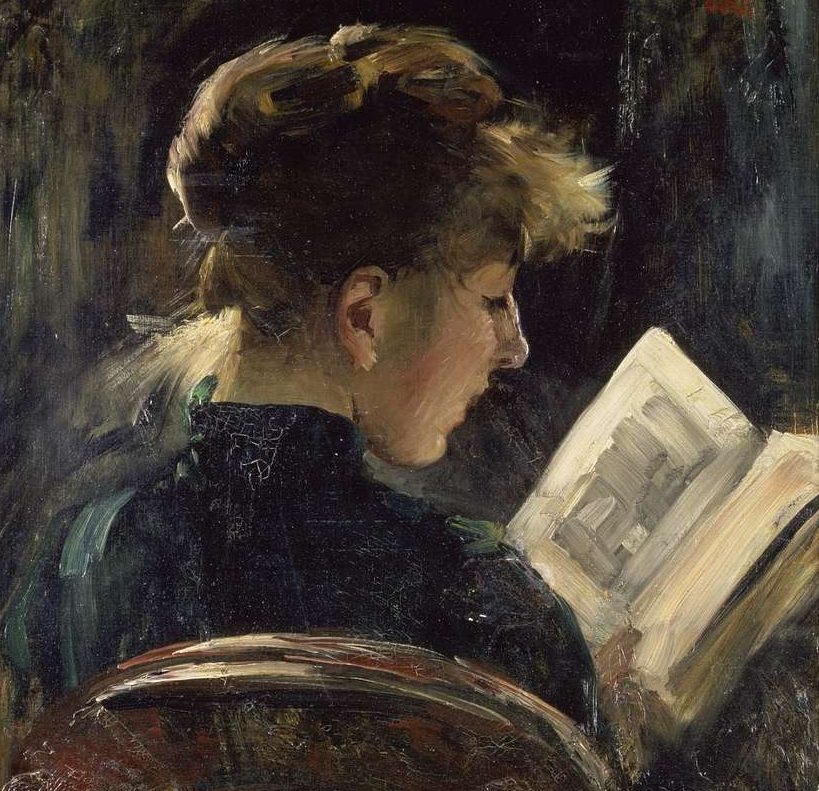Historically, higher learning was based on the study of the Great Works of thought of the Western canon. These works span a broad range of time, from the Classical period, to early Christianity, and the Enlightenment, all the way to the 20th century. Now, close study of Great Works is less common at most mainstream colleges and universities. Depending on the general education programs at a given institution, or students’ particular course work, it is very possible for students to graduate from college with little to no exposure to the foundational texts of Plato, Aristotle, Homer, or Dante, to name a few.
If students desire a deep and broad understanding of the Great Works, they must actively seek it out. Although Great Works-specific coursework is less available, the good news is they nevertheless still exist. Not only do they exist, but there is a variety of programs in terms of length and degree type, oftentimes allowing students who are majoring in other subjects to at least get a taste of the canon’s richness.
“We found over one thousand titles that are assigned in Great Books programs, varied as they are numerous.”The Martin Center researched 48 academic programs that involve a close study of Great Books of Western thought. This is an updated and expanded version of the report that was originally published in November. Although some of the programs in this report aren’t advertised as Great Books programs, their curricula include an in-depth study of core texts. Uniting these programs is a desire for wisdom and understanding, and the belief that engaging with the Great Books can aid in this pursuit.
As a whole, one will find that many of the programs share common characteristics: no textbooks; an emphasis on discussion; courses that are seminar-based instead of lecture-based; “teachers” who don’t lecture but rather act as guides or “tutors.”
We encourage you to explore the information we’ve compiled. In this report, you will find a list of the top 100 common titles (50 fiction, 50 non-fiction) required (or examples of what may be required) or recommended at all of these institutions, as well as individual profiles with additional information on each program of study. This list isn’t exhaustive, other Great Books programs surely exist. These are the programs the Martin Center found and was able to attain a sample reading list from. You can find the full list of all assigned or recommended texts here.
Below is a list of the top ten fiction and non-fiction books taught in these programs:
(DOWNLOAD THE REPORT FOR THE TOP 50 LISTS)
We hope this information will act as a useful tool and inspire you and the students you know to crack open a Great Book.


